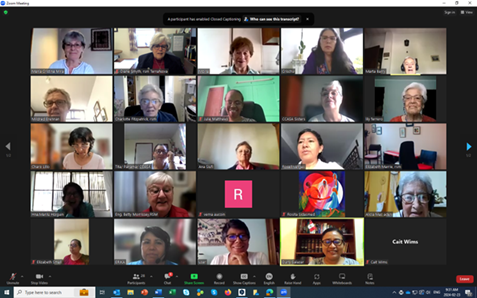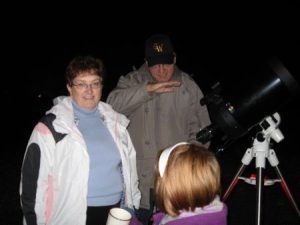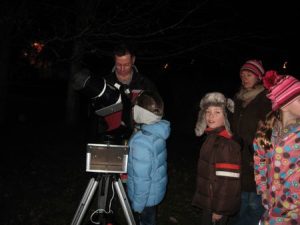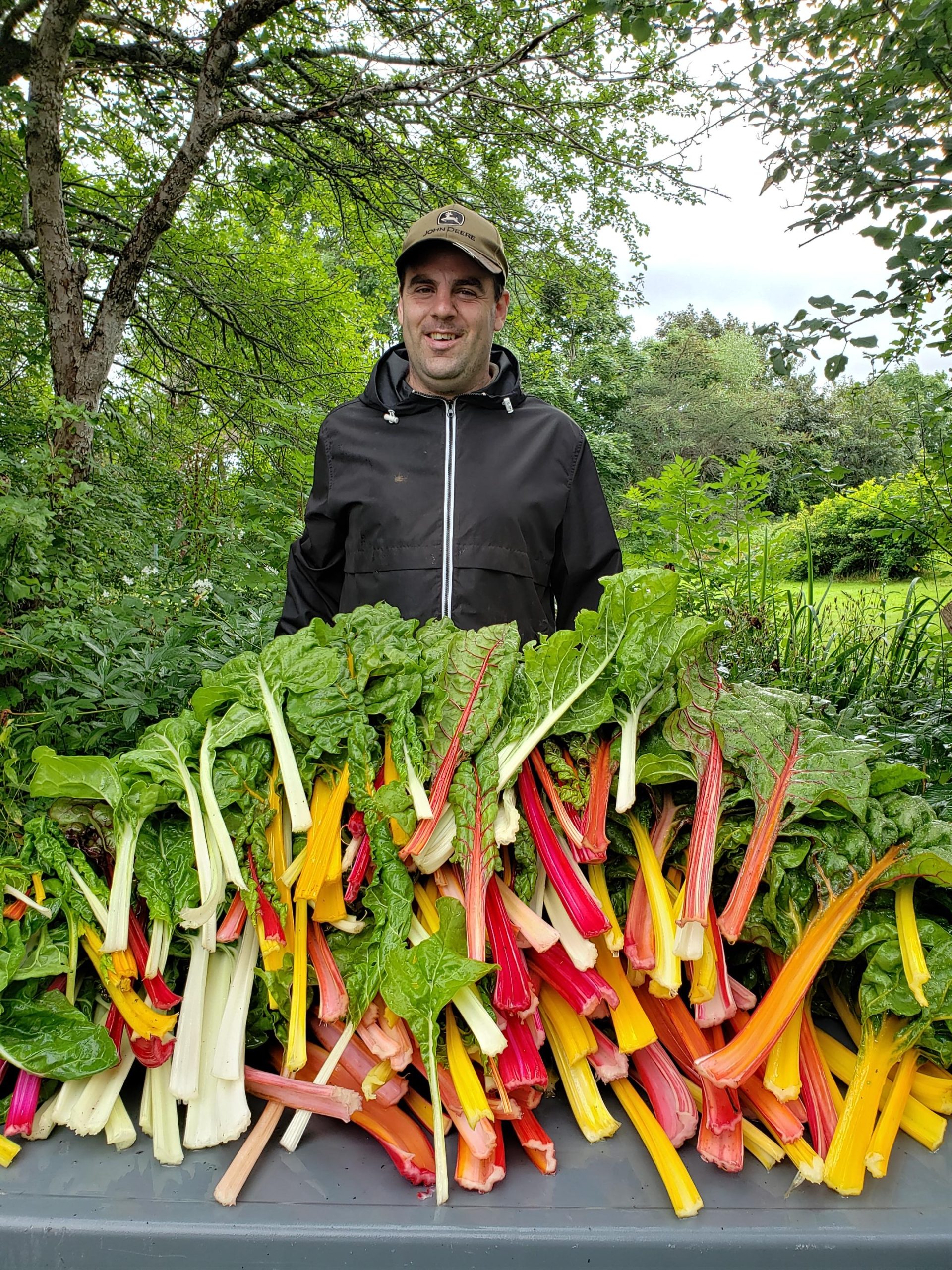The Latin America and Caribbean Conference (Sisters of Mercy) was held virtually on February 23 and 24 with participation by over thirty five sisters from various Central and South American communities. The Leadership Team of the Sisters of Mercy from St. John’s, Newfoundland also participated.
The thrust of the group was centered in the theme of the Synodal of Walking together as Mercy: Listening and discerning in the Holy Spirit. Emphasis was on inclusion and openness – the Synodal journey is for the whole people of God. “Through Baptism we are all responsible for the mission of the Church. There is space for all and each has a part of the truth. In the past a synod was seen as an antidote for when life in the church grew static and needed to be shaken up. In the third millennium synod the Church is being called to conversion- conversion of mind, heart and attitude which can lead to change in political, social and religious structures.” Understandings of “ power” also have influence and cause change in how one behaves in relationship to the other: power against, power within, power without, power over, power with, power for, power to . . . to care, to support, to accompany.
Participants were invited to reflect and to share in a small group on their experience of a situation in Church that was not synodal and also on a situation in the Church that was synodal. Participants also shared their experience and the situation in their country or area. The sessions had time of prayer, reflection and sharing as well as artistic expression and body movement that energized.
Congratulations to the organizing committee of LACC 2024. The next conference will be in 2027 in Peru.

La Conferencia de América Latina y el Caribe (Hermanas de la Misericordia) se celebró virtualmente los días 23 y 24 de febrero con la participación de más de treinta y cinco hermanas de varias comunidades de América Central y del Sur. También participó el Equipo de Liderazgo de las Hermanas de la Misericordia de St. John’s, Terranova.
El impulso del grupo se centró en el tema del Sínodo de Caminar juntas como Misericordia: Escuchar y discernir en el Espíritu Santo. Se hizo hincapié en la inclusión y la apertura: el camino sinodal es para todo el pueblo de Dios. “Por el Bautismo todos somos responsables de la misión de la Iglesia. Hay espacio para todos y cada uno tiene una parte de la verdad. En el pasado, un sínodo era visto como un antídoto para cuando la vida en la Iglesia se volvía estática y necesitaba ser sacudida. En el sínodo del tercer milenio, la Iglesia está llamada a la conversión – conversión de mente, corazón y actitud que puede llevar al cambio de las estructuras políticas, sociales y religiosas”. La comprensión del “poder” también influye y provoca cambios en la forma de comportarse en relación con los demás: poder contra, poder dentro, poder fuera, poder sobre, poder con, poder para, poder para… cuidar, apoyar, acompañar.
Se invitó a los participantes a reflexionar y compartir en un pequeño grupo su experiencia sobre una situación en la Iglesia que no era sinodal y también sobre una situación en la Iglesia que sí lo era. Los participantes también compartieron su experiencia y la situación en su país o zona. Las sesiones tuvieron tiempo para la oración, la reflexión y el intercambio, así como para la expresión artística y el movimiento corporal que energizaron.
Felicitaciones al comité organizador de LACC 2024. La próxima conferencia será en 2027 en Perú.





 March 8, International Women’s Day, is a global day celebrating the social, cultural, economic and political achievements of women. It also issues a call to action for the acceleration of greater parity in our world.
March 8, International Women’s Day, is a global day celebrating the social, cultural, economic and political achievements of women. It also issues a call to action for the acceleration of greater parity in our world.